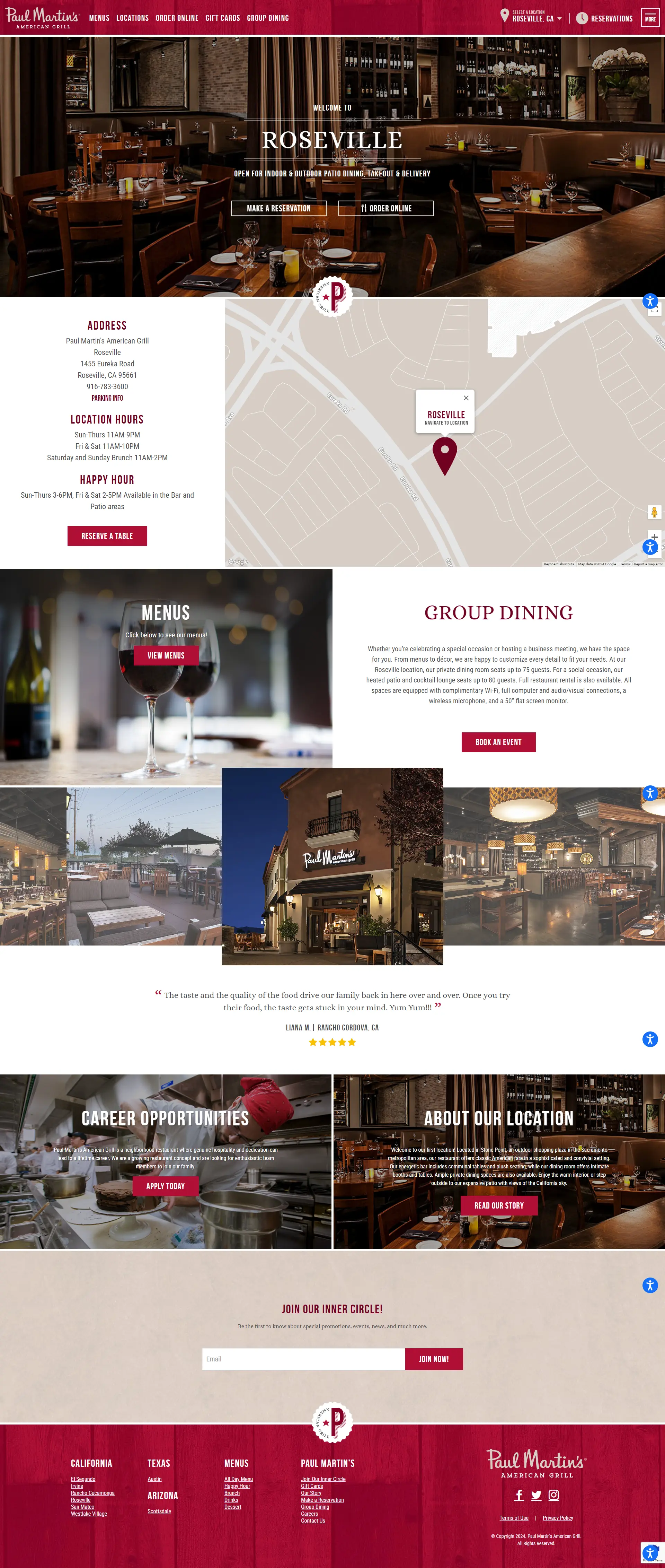When engaging with potential candidates, recruiters or talent acquisition specialists often employ a strategy where they provide something valuable to the candidate, instigating a natural human inclination towards reciprocation. This psychological principle encourages the candidate to ‘return the favor’, thereby gradually moving them closer to the recruiter’s ultimate goal of securing their commitment or action.
This method proves to be highly beneficial and effective for nurturing promising recruitment prospects, fostering a mutually advantageous relationship between both parties.
However, this approach can become counterproductive when dealing with high-demand candidates, whose expectations and requirements may disproportionately drain resources and energy without yielding the desired outcomes.
In such scenarios, adopting a ‘quid pro quo’ strategy can be particularly effective. This term, translating to ‘something for something’, involves a clear stipulation of reciprocal exchange. For instance, if a candidate is hesitant about committing, a recruiter might propose covering certain initial costs on the condition that the candidate completes specific actions within a defined timeframe.
This strategy goes beyond mere reciprocation by establishing explicit conditions for the exchange, ensuring that the recruiter’s generosity is met with concrete, timely action from the candidate.
Summary
Implementing a ‘quid pro quo’ approach can be a strategic solution for candidates who exhibit indecision, high demands, or a lack of commitment, ensuring that the recruiter’s investment is met with a tangible return, rather than becoming a one-sided act of generosity that fails to materialize into a professional engagement.















